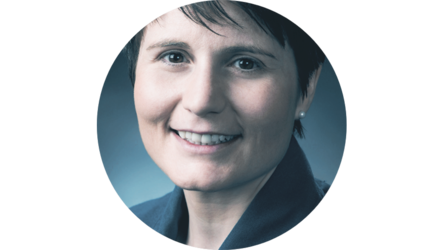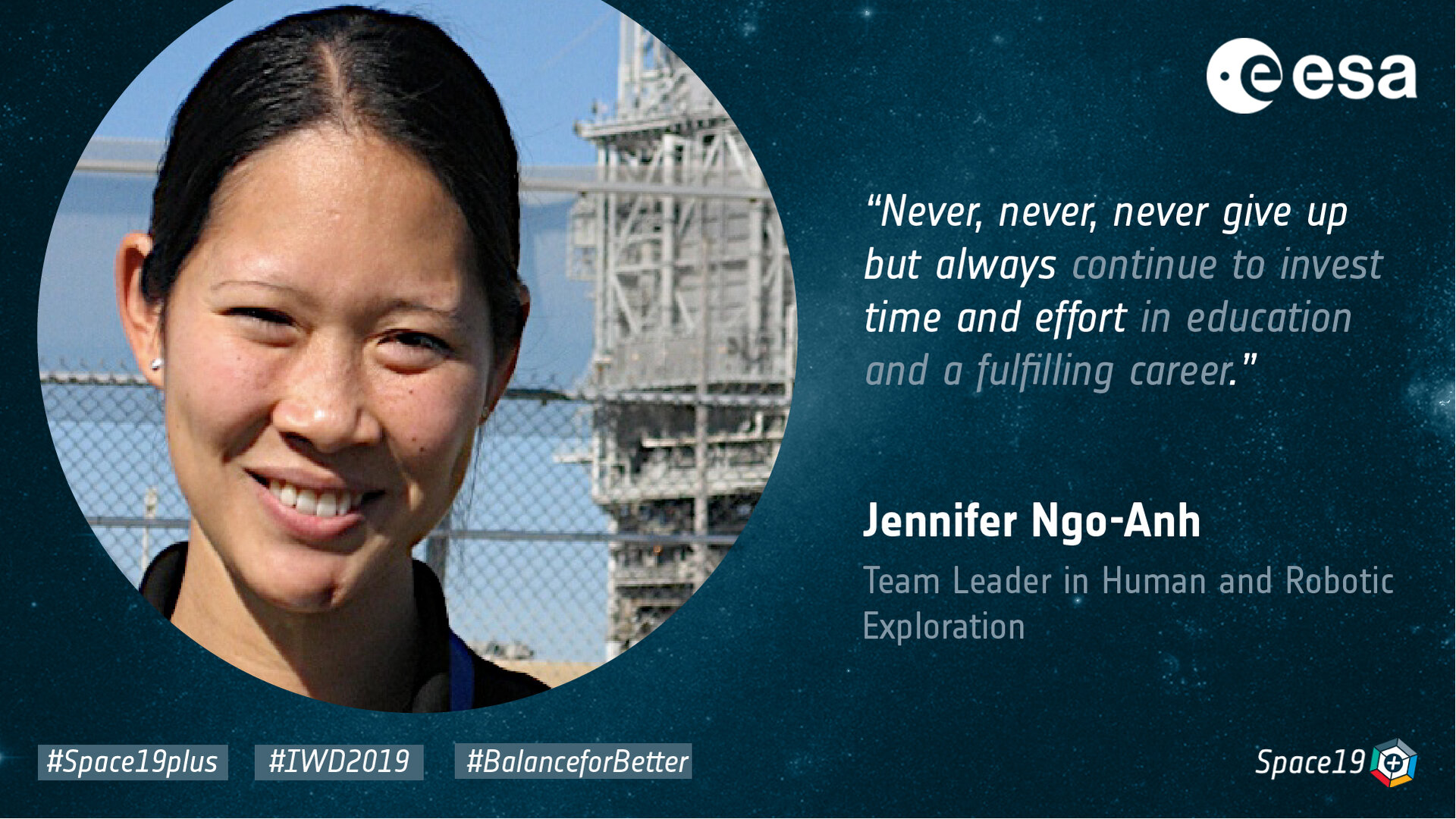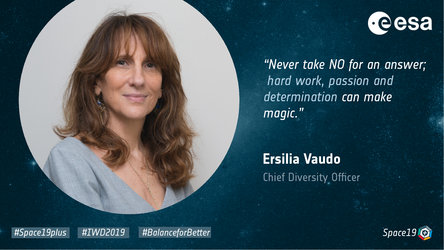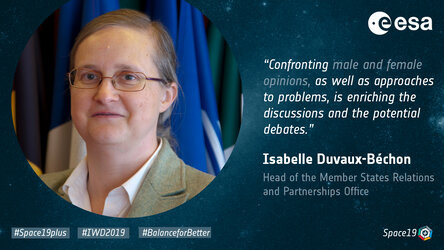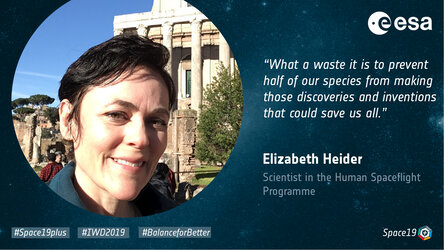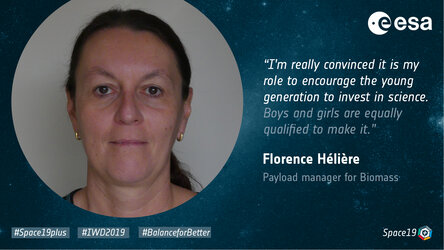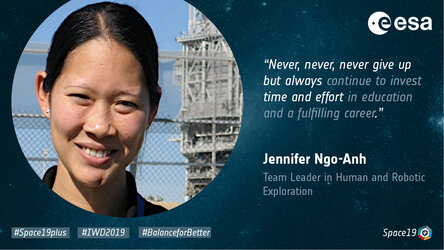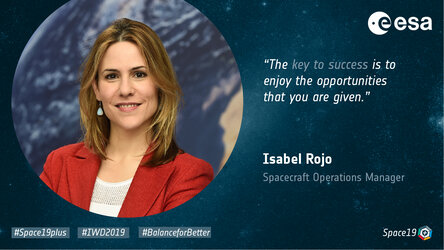Jennifer Ngo-Anh, Team Leader, Human and Robotic Exploration
Please give a brief description of your duties at ESA.
As team leader in the Directorate of Human and Robotic Exploration, I am responsible for coordinating ESA’s ground-based and space-based (e.g. International Space Station) science activities in the areas of human research, biology and physical sciences.
I joined the Agency’s Life Sciences Unit in 2006 as a young graduate trainee (YGT). I continued my work in the unit as a contractor for six months until I became staff there. In 2012, I became head of the Life Sciences Unit, and since 2018 I have occupied the position of SciSpace team leader.
What inspired you to pursue a career in science and engineering and what motivated you to join ESA specifically?
I was born and raised in Germany and completed my medical studies in the beautiful town of Tübingen. My dissertation focussed on cardiac bypasses, but after graduation I did not pursue a medical career but started afresh and applied for a neuroscience graduate programme in the US. I did a PhD in Portland, studying the role of small-conductance potassium channels in learning and memory processes – also not space-related at all – and graduated there within four years.
While I was preparing for my PhD defence, I applied for various jobs and was accepted for a postdoctoral position in another neuroscience lab in the US. But then my life took a completely unexpected turn: I came across the vacancy notices for YGTs at ESA, one of them in the Life Sciences Unit of the Human Spaceflight Directorate. I applied, was invited for an interview and have been here ever since.
Did you encounter gender barriers on your way to becoming a scientist / engineer?
No.
What progress have you seen in addressing the gender imbalance in your profession through equal-opportunity measures in recent years?
I am happy to see more and more women pursuing science and engineering careers. Especially in the past 10 years, there has been a nice change from a working environment mainly dominated by men to a more balanced working environment.
What are, in your view, three measures that could make a difference in supporting a work-life balance and at the same time equal career opportunities.
Childcare facilities (close to work), flexible working hours and the possibility to work from home are definitely measures that help women with families to pursue careers.
What advice would you give to a girl or young woman who is considering a career in science and engineering?
To quote Winston Churchill: never, never, never give up. And continue to invest time and effort in education and a fulfilling career.















 Germany
Germany
 Austria
Austria
 Belgium
Belgium
 Denmark
Denmark
 Spain
Spain
 Estonia
Estonia
 Finland
Finland
 France
France
 Greece
Greece
 Hungary
Hungary
 Ireland
Ireland
 Italy
Italy
 Luxembourg
Luxembourg
 Norway
Norway
 The Netherlands
The Netherlands
 Poland
Poland
 Portugal
Portugal
 Czechia
Czechia
 Romania
Romania
 United Kingdom
United Kingdom
 Slovenia
Slovenia
 Sweden
Sweden
 Switzerland
Switzerland



